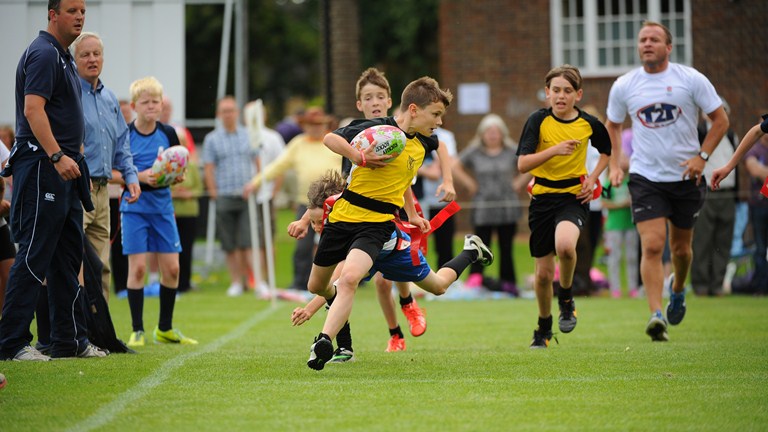England’s performance in the recent Rugby World Cup has generated much debate about the decline in the country’s prowess since England’s Jonny Wilkinson-inspired World Cup win in 2003. Commentators suggest that the problem underpinning England’s decline is the failure of the grassroots movement. Steve Grainger of the Rugby Football Union (RFU) disagrees.

Background to the RFU Director’s Intervention
England hosted the 2015 Rugby World, and public expectations were high. Any technical shortcomings which had been identified in the Six Nations campaign would be offset by home-team advantage – this was the general feeling. As the competition progressed, however, it became clear that no amount of fan passion and support could paper over the obvious cracks in the England team’s technique, fitness and spirit. This contrasted sharply with the performances of Ireland, Wales and Scotland and was an astonishing reversal since the heady days of 2003, when England beat the hosts to win the World Cup in Australia. The team was welcomed home by a gathering of 750,000 people in London, and shops reported huge sales of replica shirts and rugby equipment. The sports commentariat was quick to ascribe blame for England’s dismal showing in 2015, and the recurring theme was the perceived inadequacy of the grassroots programme. The latter, argue the critics, is not sufficiently inclusive, fails to attract and nurture talent from all walks of life and failed to capitalise on the public interest in the game following the 2003 World Cup Victory.
The RFU Rebuttal
Steve Grainger is Development Director at the RFU and is proud of the progress being made in meeting the grassroots targets set when England was awarded the hosting of the 2015 event. He looked at the country’s failure to build on the London 2012 Olympic legacy and decided that a key issue had been the insistence on investing in sport after the event. He therefore pushed for significant investment to be made before this year’s World Cup. “Forty per cent of the spending was done up front,” he said. “Ten per cent was due to the tournament itself and fifty per cent is the follow-up.” He added that this has resulted in tangible improvements to the grassroots infrastructure. For example, four hundred more schools now have rugby on their sports curriculum than in 2012 – a figure that will rise to seven hundred and fifty when the next World Cup is held in Japan in 2019. Likewise, there are already 2050 additional level-two coaches, and state-of-the-art rugby equipment has been provided to clubs across the country. These investments will reap rewards as time goes on, especially since they are supported by outreach programmes which involve professionals liaising with school children who are perhaps new to the game. He also pointed out that the 2015 Cup was hosted at stadiums such as Villa Park and Elland Road, giving thousands access to the international sport. Grassroots rugby, he says, is the winner.










Comments are closed.